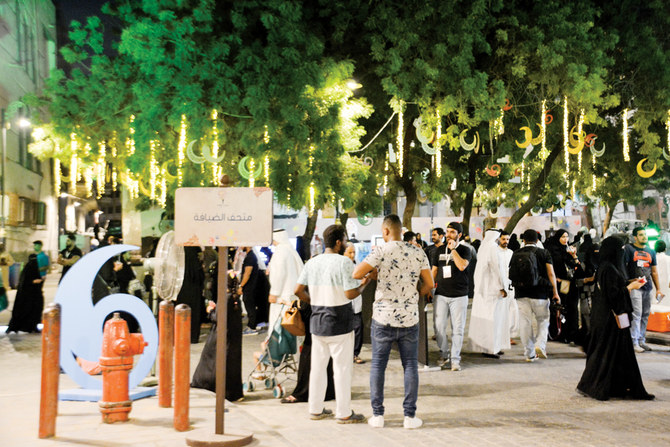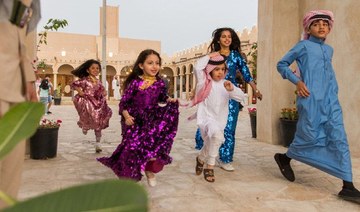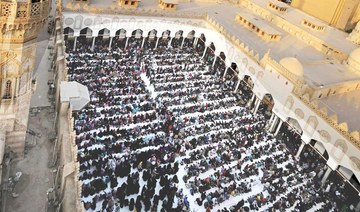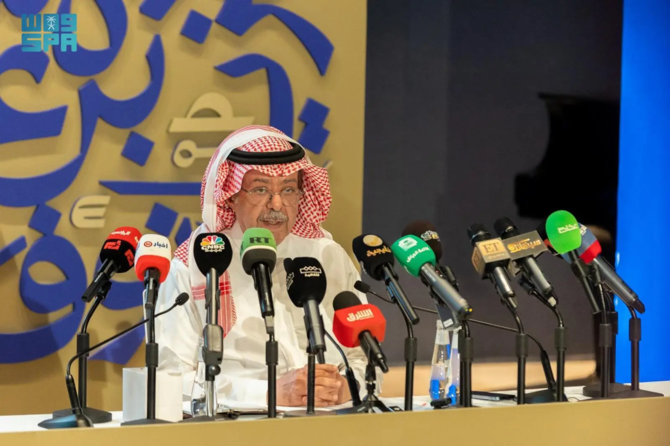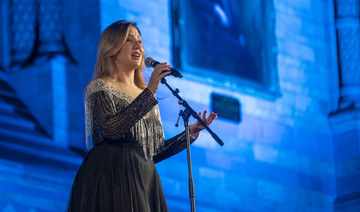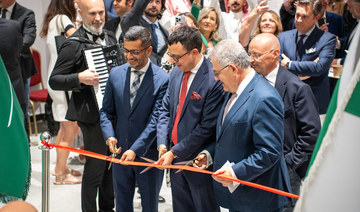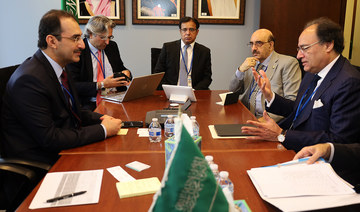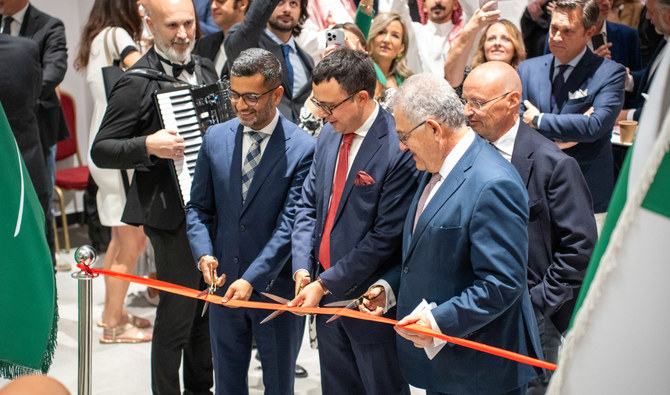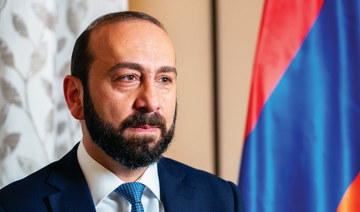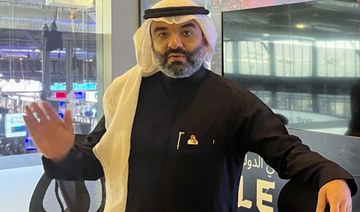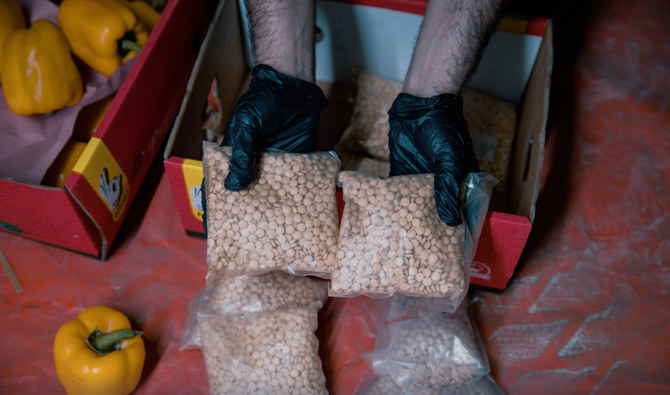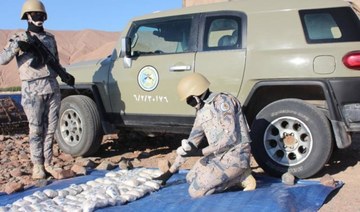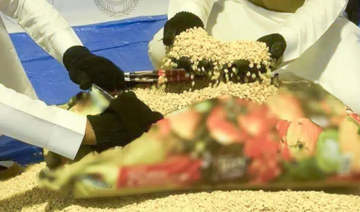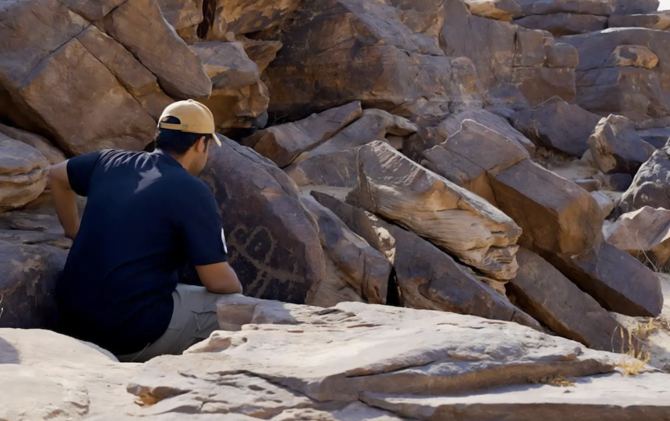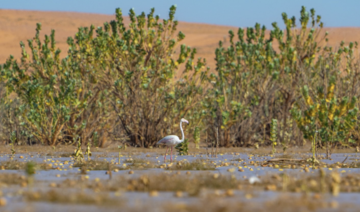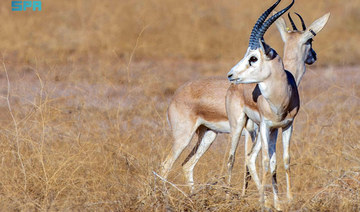JEDDAH: For many Muslims, Ramadan is a special month of worship and celebrations. Of the many different regions of Saudi Arabia, Ramadan in Hijaz has a plethora of unique and significant customs and age-old traditions kept alive with each passing generation.
Known for their generosity and kind manners, residents of the cities of Makkah and Madinah welcomed pilgrims into their homes and provided them with housing all year round.
Their homes were designed in a way to accommodate a housing unit specially for guests in their courtyards, an architectural feature adopted from Syria and the Levant.
Families of Madinah were called “Muzawareen,” from the word “zeyara” — meaning visit in Arabic — as they welcomed visitors who would come to pay a visit to the Prophet’s grave and mosque.
The “Mutawefeen” of Makkah — the word is derived from “tawaf,” one of the Islamic rituals of pilgrimage during Hajj and Umrah — had similarly designed homes to house their guests from far and wide.
Many pilgrims arriving by sea passed through the city of Jeddah before continuing their journeys to either Makkah or Madinah. Guest houses similar to those in the two holy cities were provided by the rich merchants of the city.
Families would prepare two sets of the same dishes for guests and the family home all year round, Ramadan is no exception, as generosity is a known characteristic of Hijaz.
Just before Maghreb prayers are called in Makkah and Madinah, the men head out to the Holy Mosques to break their fast taking bags of food along with them to give to pilgrims and worshippers. Many homes were in close proximity to the mosques, surrounding them from all sides.
The bags include Ottoman shouraik bread, dates and dugga, a spice made of cumin, lemon salt, salt, sesame seeds, coriander. It is customary in Madinah to break the fast by dipping the date in the dugga and eating it with a piece of bread and with either coffee or a cold yogurt drink. This traditional food is still found to this day.
Some families who have long accommodated pilgrims in both cities still house pilgrims to this day, founding companies to house them and provide the best services for Hajj and Umrah, just as their ancestors have done years ago.
Family elders recall how the young females used to gather and prepare for the month’s meals early on.
They would send their husbands, brothers or sons off to markets to bring back ingredients for their special dishes and juices. The shopping list might include rosewater made with fresh rose petals, hibiscus flower juice to serve cold drinks after breaking their fast, new clay jugs to store Zamzam water infused with mastic gum, almonds and pistachios for deserts, wheat and grain for soups, fava beans and flour for the two most important dishes on a Ramadan table, and more.
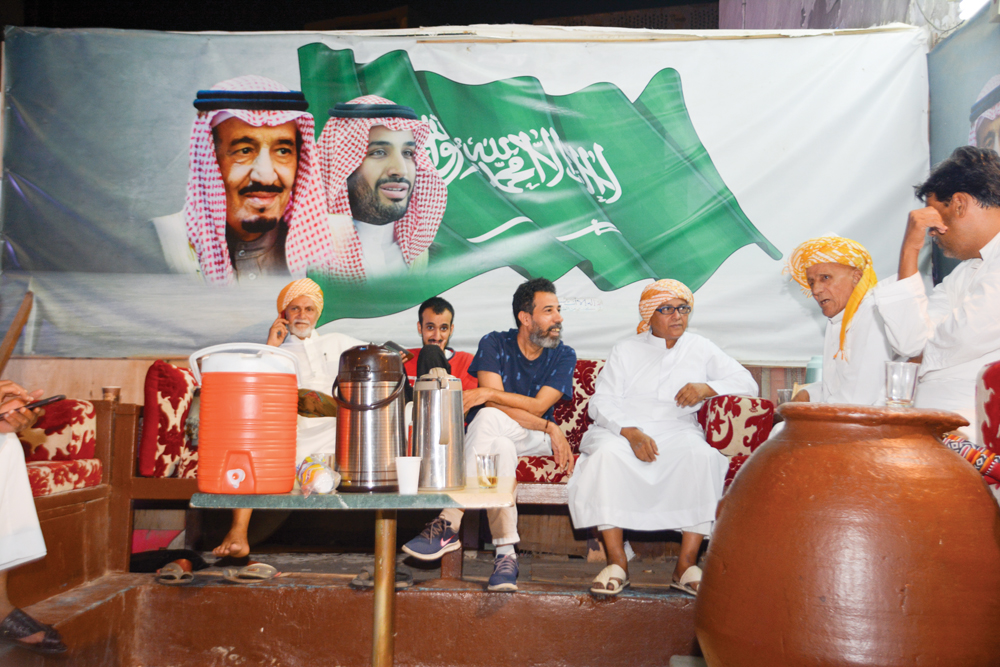
Hijazis continue to revive age-old customs and traditions in various festivities across the region, a unique opportunity for street vendors and culinary-based businesses. (AN photo by Huda Bashatah)
The month of Ramadan is celebrated not only with the finest of dishes prepared to relieve the body after a long day’s fasting; it is also celebrating tradition. Many of the dishes found then and now are adopted from other cultures, with a Hijazi touch added here and there.
Ful mudammas, a common and very important dish adopted from Egypt, is considered the king of the table. While ful is common in the Middle East, mudammas refers to the cooking method where fava beans are buried inside a pot, cooked slowly for hours, and then mashed.
The Hijazi way is smoking the ful and serving it on the side of Afghani bread, tameez, or traditional shouraik bread.
After it’s been infused with spices and condiments such as cumin, garlic, tomato paste and olive oil or ghee, Hijazis smoke the ful just before it is served.
They place a small piece of burning charcoal in a tiny pool of oil or ghee inside the serving dish and covering the ful for a few minutes to give it that added smoked flavor.
One of the common staple dishes found in Hijaz is samboosak buff, a fried puffed square-shaped samosa filled with minced meat or cheese.
Many elders still prefer the traditional method of spreading a large round piece of dough on a large wooden board, placing small spoonfuls of minced meat in rows, and then folding the dough in half to cover the meat before cutting the dough into squares before frying.
Small children with sticky fingers are known to steal a samboosak or two before Maghreb prayers — a fair warning is given.
Another well-known staple is soobya, a cold drink made from barley or bread doused in water for a few days and sweetened with sugar, cinnamon and raisins, manto, shish barak, barley soup, buraik and more.
Let’s not forget Zamzam water, infused with mastic incense and served in clay jugs and small cups called tutuwah cups, also infused with the smell of mastic incense, an essential element of every Hijazi house.
Ramadan nights were calm and quiet, filled with the whispers of worshippers reading the Qur’an and prayers. Many young men and women today enjoy the long nights gathering with friends and families over a cup of hot mint tea and a hot dish of freshly fried lugaimat, small round pieces of fried dough drenched in syrup, as they gather over an intense game carrom.
Despite its Indian origins, Carrom has become a part of the Hijazi heritage. It consists of a wooden board with small pockets on each corner and a circle drawn in the center. The players must tightly pack black disks or coins in the circle, alternating them with one or two higher-scoring red ones.
With a flick of the finger, the players use a striker disk to try to knock the coins into the pockets until all disks are gone. The player with the most points wins. It is a game of strategy and skill that many young men and women still play today.
Hijazi families are known for their close ties and relations, with many members of the family spread across different cities nowadays, Ramadan brings them back together.




